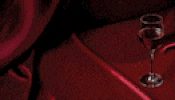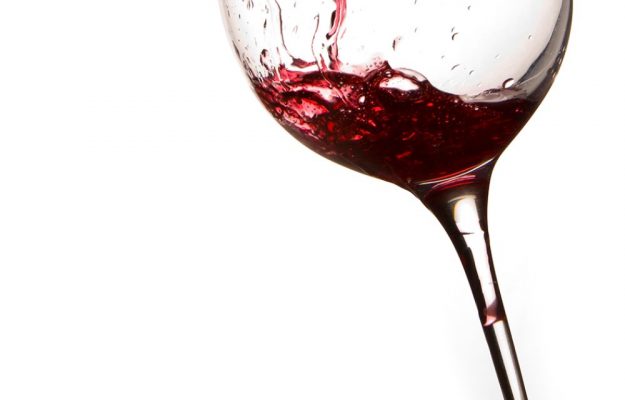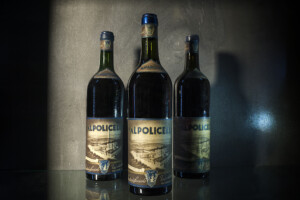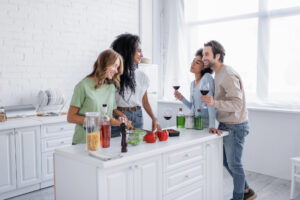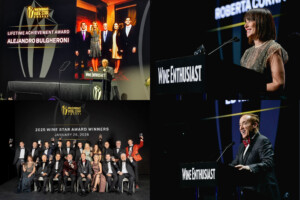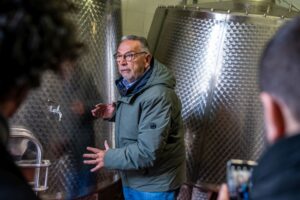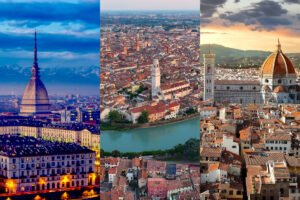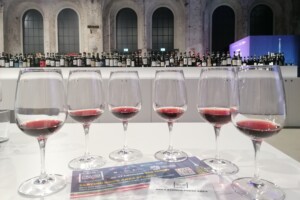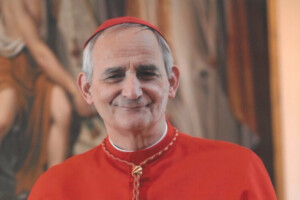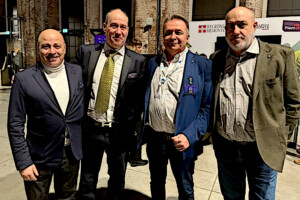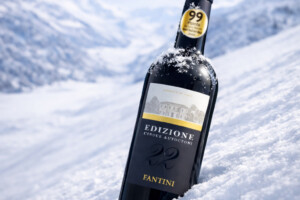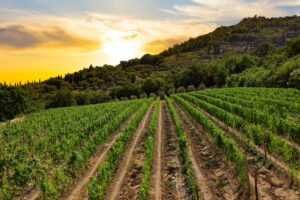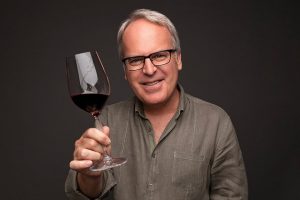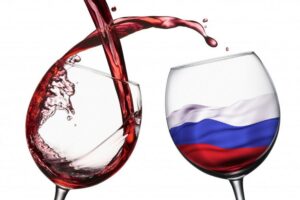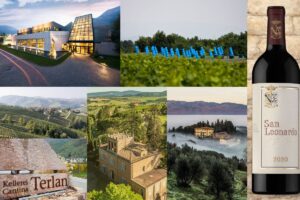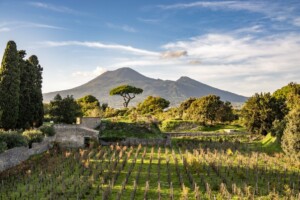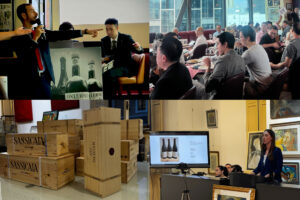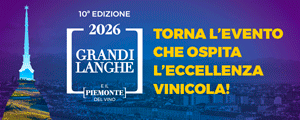To admit the practice of wine dealcoholization in all the countries of the European Union, even for the production of Designation of Origin wines: this is the news, coming from the last trilogue of the Wine CMO, supported by the majority of Member States, ready to disrupt the wine world, but still to be understood and, above all, to be concretized. And to be approached, possibly, in a layman’s way, in order to understand the reasons, the objectives and the consequences on the sector. “We are talking about a possible agreement between the Portuguese-led Presidency of the Council, with Agriculture Minister Maria do Céu Antunes, the European Union Parliament and Commission, which emerged in the last trilogue of the Wine CMO”, Paolo De Castro, S&D coordinator at the Agriculture Commission of the European Parliament, explains to WineNews. “The EU Parliament defended its position, which envisaged dealcoholization exclusively for table wines, while the Council of Agriculture Ministers, on the other hand, under pressure from Northern Europe, but also with the openness of some large producers, finally accepted the mediation of the Commission, which opened, albeit with some limitations, to dealcoholization of wines with Designation of Origin. But there is one thing: nothing has been decided, the last trilogue will take place on May 23rd, 25th and 26th, and I do not exclude that there could be another one in June before the final conclusion of the inter-institutional agreement Parliament-Commission-Council”.
This is the political framework, which starts on the one hand from market needs, and therefore of a purely economic nature, and on the other hand from a European context in which the fight for increasingly healthy policies - collected in the “EU Beating Cancer Plan” - finds broad support among the Agriculture Ministers of Northern Europe. “Undoubtedly, the potential agreement has been reached, but the big producers - continues De Castro - see it as an opportunity. The most fitting example, which also emerged during the trialogue, is that of the Arab countries. We are not taking anything away from what already exists, creating an enormous possibility in those markets that do not consume alcoholic beverages. Just as non-alcoholic beer has created its own market, I do not exclude that wine can do the same. About one thing, however, I want to be clear: calling wine a beverage made of de-alcoholated grape juice has objectively nothing to do with wine. After that, for some producers it can be an opportunity, but from here to call it wine there is a long way”.
Going back to the contents of the agreement, and to the role of the single countries, “the mediation we had obtained in the European Parliament was a better one, because pushing to use also wines with designation of origin is not acceptable, and we will surely vote against. Member States - reminds the S&D coordinator at the Agriculture Commission of the European Parliament - will however have the freedom to accept or not some aspects. I would like to point out, for example, that in the case of the use of sucrose sugar, whose use is allowed by the European Union, Italy and Spain have decided restrictive national norms, and so it is forbidden, so much so that to raise the alcohol content of a wine we can only use concentrated must, while other European countries use it. There could be more restrictive national norms, let’s wait for the final text”.
Ultimately, according to Paolo De Castro, “to make a drink based on dealcolated grapes, in order to conquer new markets, makes sense. To open this possibility to wines with denomination instead does not make sense, but we will take a good look at the final agreement and we will try to make national norms to avoid, at least from a cultural point of view, for the big producing countries, to call wine a drink that has nothing to do with wine”.
And how do enologists think about it? The president of Assoenologi, Riccardo Cotarella, preferred not to talk about the subject, waiting to know more about it, because the subject, in its technical aspects, is complex and thorny. In order to know more, not so much about this possibility on which Europe is working, as about dealcoholization meant as an enological technique, but absolutely not for producing wines without alcohol, WineNews gathered the point of view of Giuseppe Caviola, one of the reference enologists of the Italian production panorama, with important consultancies from Piedmont (Damilano, Vietti, Borgogno, Fontanafredda) to Sicily (Feudo Maccari), passing through Tuscany (Castiglion del Bosco, Terenzi, Tenuta Sette Ponti), Marche (Umani Ronchi), and Valentino Ciarla, consulting enologist who follows, among the others, one of the griffes of Brunello di Montalcino, Le Chiuse.
”Wanting to be as synthetic as possible - Caviola explains - dealcoholization is essentially a filtration, by cartridge or membrane, which subtracts alcohol from wine. This operation is necessary when we reach too high concentrations of alcohol and sugar, something that, with the increase of global temperatures, often happens. There is also the need, for certain markets, to produce less powerful wines and more easy and drinkable”.
According to the way the world of wine has understood it until now, dealcoholization was not born to produce wines without alcohol, also because, Caviola resumes, “it is an invasive practice from an organoleptic point of view, just like any other filtration: everything that can be a forcing convinces me up to a certain point, I prefer not to use too strict filtrations, in certain conditions I always suggest to avoid them, in order to make a wine express the characteristics of a grape variety and of a territory, exalting the raw material and respecting it in the cellar, which is what I believe in. I have no experience in dealcoholization, but it can be a valid technique, as long as it is not exaggerated, at least on certain wines, in order to preserve freshness and drinkability”.
No preclusion a priori, therefore, to the possibility of using dealcoholisation, but it is a practice that “must be tested and understood, and in case to be used without abuse, otherwise we will move away from the concept of wine tied to grape variety and territory. If we talk about watering down, we need precise guidelines: how do we dealcolate? And by how much? It can be a technique that in certain vintages, hot and dry, and for certain varieties, could help. We try to have a layman's approach to the subject, but we always need common sense: the important thing is not to distort the wine itself. For appellation wines, however, there are disciplinary rules. Exasperations, however, scare me, we must understand how far we can go, and whether we are really going to improve something or not. The risk is homologation, and surely by dealing with more than one degree and a half, the organoleptic characteristics of a wine will be irremediably altered, therefore even the idea of calling wine a totally dealcolated wine seems to me totally out of place”.
In the same line of thought is Valentino Ciarla, who wants to reiterate the abyss which separates the enological practice of lowering alcohol by volume from the production of wines without alcohol. Starting from a simple and evident premise: “In my opinion, without alcohol it is not wine”, says Valentino Ciarla. ”Alcohol, of wine, is a fundamental component, like wheels for a car. The subject is a slippery one, but total dealcoholization is outside the context of wine. The partial one, intended as a modification of the alcohol by volume, remains an enological practice, about which there are different schools of thought. Lowering by one percentage point the level of alcohol in a wine is an enological technique, a possibility, but to totally dealcolate it means to make it become something else, and then we go out from enology. Certainly, from a commercial point of view, it has its own market, so it makes sense to produce it. And it does not end up only on Arab markets, but also on western ones, which are more and more health conscious, and the more we go on, the better they are, but in the process of dealcoholization too many organoleptic components are lost to make comparisons”.
Copyright © 2000/2026
Contatti: info@winenews.it
Seguici anche su Twitter: @WineNewsIt
Seguici anche su Facebook: @winenewsit
Questo articolo è tratto dall'archivio di WineNews - Tutti i diritti riservati - Copyright © 2000/2026

